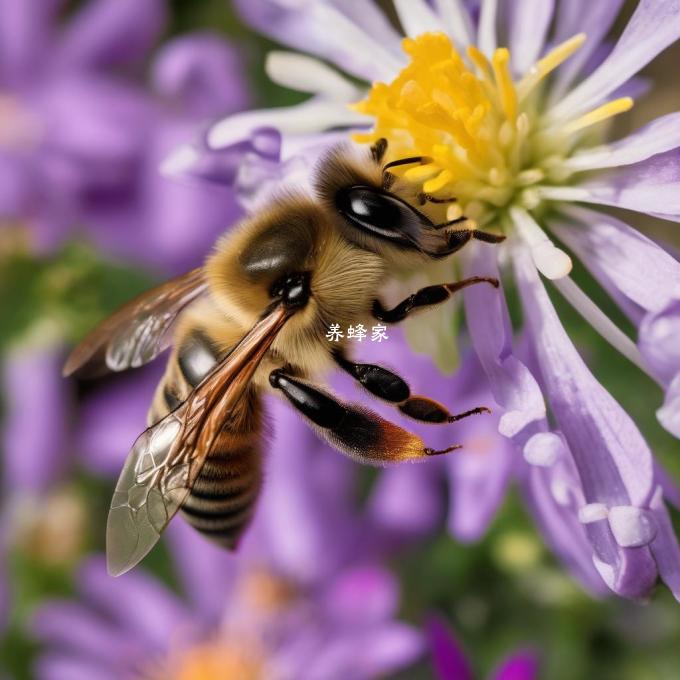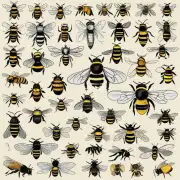What are the different types of honeybees?
Honeybees come in two main types: wild bees and domestic bees. Wild bees are found in natural habitats, while domestic bees are raised by humans for various purposes, including honey production.
Wild bees
There are over 20 different species of wild bees worldwide, each with its unique characteristics. Some of the most common wild bee species include:
- Apis mellifera (the honey bee): This is the most common type of wild bee, and it is found in a wide range of habitats, including temperate and tropical regions.
- Apis mellifera ligustica
- Apis mellifera dorsata
- Apis mellifera ferruginea
- Apis mellifera scutellata
- Apis mellifera rudolfini
- Apis mellifera calcarata
- Apis mellifera cubana
- Apis mellifera indica
- Apis mellifera papillata
Domestic bees
Domestic bees are descended from wild bees, and they share many of the same characteristics. However, domestic bees have been bred to have a number of desirable traits, including:
- Increased honey production
- Improved resistance to diseases and parasites
- Longer lifespan
- Larger size
Domestic bees are used in a variety of industries, including:
- Honey production
- Pollination
- Medical research
Hybrid bees
Hybrid bees are bees that are a cross between two different species of bees. These bees can be created to have specific traits, such as increased honey production or improved disease resistance.
Conclusion
Honeybees are an important part of the ecosystem, and they play a vital role in pollination. There are over 20 different species of wild bees worldwide, and domestic bees are a valuable source of honey and other products. Hybrid bees are a promising new development in bee research, and they have the potential to improve the quality of honey and other products.





